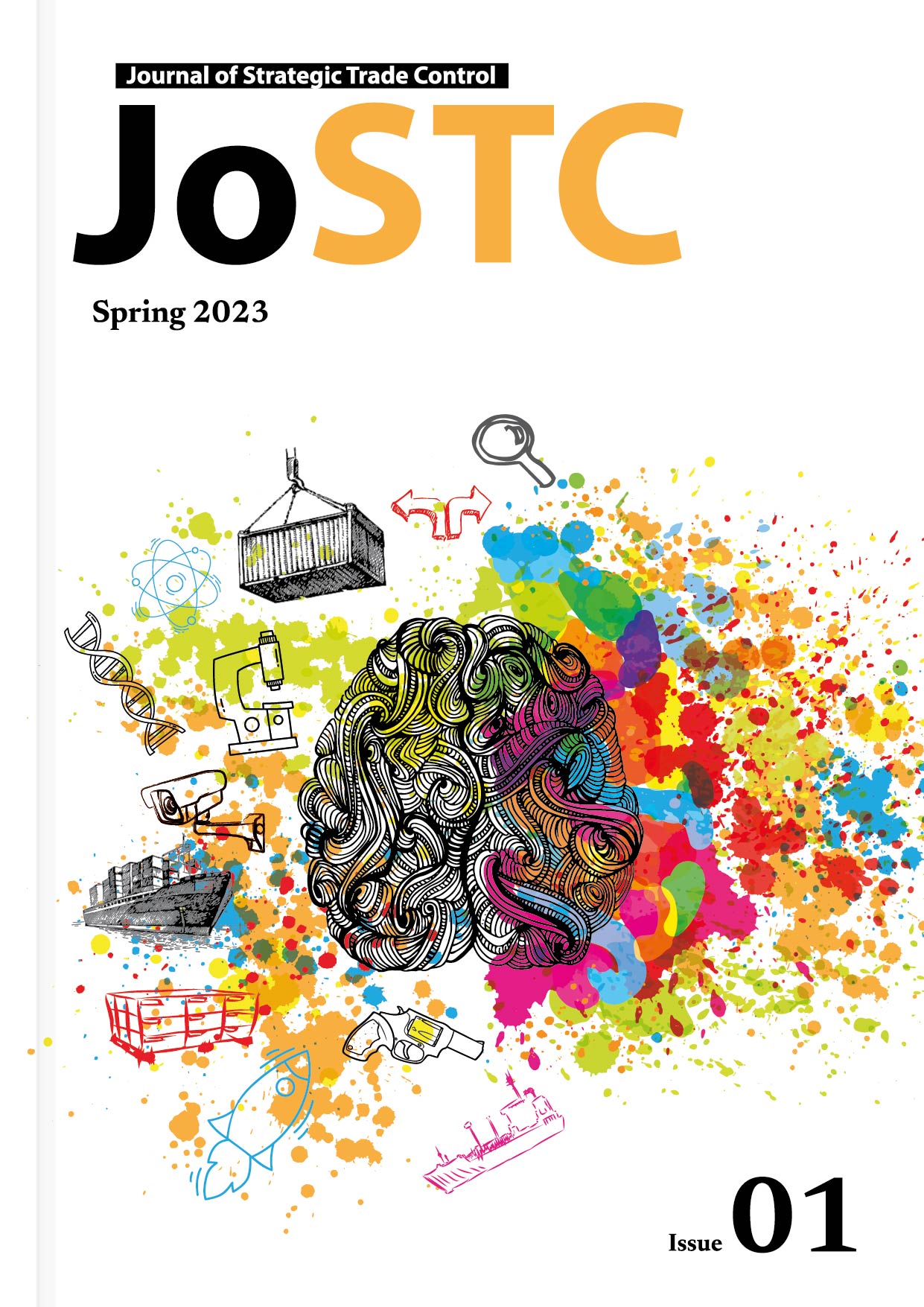About the Journal of Strategic Trade Control
The Journal of Strategic Trade Control (JoSTC) was formally launched in December 2022. Founded earlier that year by Veronica Vella with invaluable support from Prof. Quentin Michel, the journal found its institutional home at the European Studies Unit (ESU) of the University of Liège. Notably, the ESU boasts a longstanding commitment to research in strategic trade control and non-proliferation, making it a fitting host for this scholarly endeavor.
The JoSTC is a peer-reviewed, open access journal aimed at providing academics, practitioners, opinion and decision-makers, and other stakeholders involved in and concerned by strategic trade control issues with authoritative, thought-provoking, theoretically informed, and analytically sound resources. Topics cover the entire spectrum of strategic trade controls, including dual-use trade, conventional weapons, foreign direct investments, torture-related items trade, diamonds trade, and more. These topics range from the political and legal framework to all aspects of development, implementation, specific features, and compliance. Explore the “topics” section to learn more.
The journal operates on a rolling publication model where contributions are published upon receipt following successful peer review. This process involves initial in-house screening and anonymous refereeing by at least two reviewers. Additionally, special issues may also be published. JoSTC welcomes submissions on all aspects of strategic trade control from all regions of the world. Refer to the Instructions for Authors for information on how to submit your article..

Editor-in-chief
Veronica Vella
Researcher
Phd Candidate
Department of Political Science, European Studies Unit,
University of Liège
Editorial board
Pr. Dr. Quentin Michel
Full Professor
Department of Political Science, European Studies Unit,
University of Liège
Dr. Ana Sánchez-Cobaleda
Lecturer and researcher
Department of International Public Law and International Relations ,
University of Barcelona
Dr. Johan Evers
Senior Technical Export Control Coordinator,
Imec
Dr. Christos CHARATSIS
Scientific Advisor, EU P2P Programme for Dual-Use Goods
European Commission, Joint Research Centre
Branislav Aleksic
Legal Counsel, Head of Department Foreign Trade Law and Corporate Security
Fraunhofer-Gesellschaft e.V
Dr. Ian J Stewart
Executive Director
James Martin Center for Non-proliferation Studies Washington DC
Dr. Filippo Sevini
Project leader, Strategic Trade Control for non-proliferation and Global Issues
European Commission, Joint Research Centre
Dr. Crystal Pryor
Vice President and Director of Research
Pacific Forum International
Dr. Machiko Kanetake
Associate Professor of Public International Law
Utrecht University School of Law
Dr. Diederik Cops
Senior Researcher
Flemish Peace Institute
Dr. Georgios Kolliarakis
Advisor for Research Strategy, Technology Security Defence
German Council on Foreign Relations
Valerie M. Lincy
Executive Director
Wisconsin Project on Nuclear Arms Control
Kevin Wolf
Partner
Akin Gump Strauss Hauer & Feld
1. Backed by a prestigious institution
The JoSTC is published — and comes under — the scientific authority of the European Studies Unit of the University of Liege. The ESU has been working and publishing on strategic trade control issues since almost two decades, under various forms.
2. Provides Open Access
All papers appearing in JoSTC are published with free and open access to the full text under the Creative Commons license (CC BY 4.0 https://creativecommons.org/licenses/by/4.0/deed.en) at no charge.
3. Indexing
JoSTC is indexed in the main generalist and specialized databases.
4. Ethics
JoSTC is particularly attentive to ethical aspects. The editorial Board considers any criticisms and complaints that it receives. He will settle any disputes between readers, the authors and the journal. JoSTC follows the COPE « code of conduct for journal publishers » and « The European Code of Conduct for Research Integrity ».
JoSTC upholds a strict zero-tolerance policy towards plagiarism, data falsification, misuse of third-party material, fabrication of results, and fraudulent authorship.
6. Frequency of publication
JoSTC is published once a year at minimum. Special Issues are also published.
7. Impartial selection (peer review)
All manuscripts are submitted to at least two reviewers from the international scientific community. The reviewers are selected by the members of the editorial board.
8. Archiving
The journal is archived in the national electronic depository of the KBR (Belgium)
9. Copyright & Publishing Rights
Authors retain full copyright and publishing rights without restrictions. They are solely responsible for the content of their articles.

